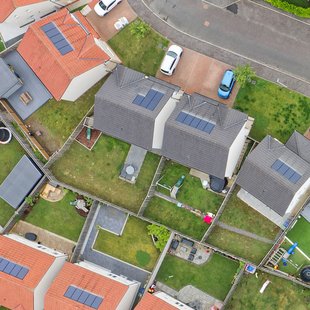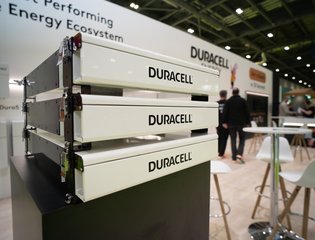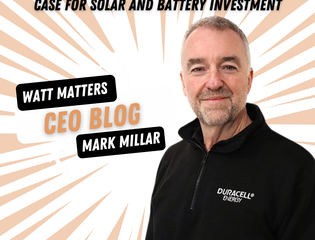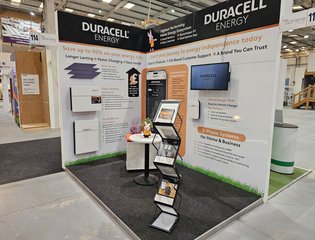Maximum Number of Solar Panels Allowed UK
30 August 2024

As long as you have the space and adhere to local planning laws there is no limit to the number of solar panels that you have in the UK.
Optimum, not maximum
However, there is an optimum number of solar panels to invest in, where you are getting the best return on investment. It is always a matter of balancing out your energy requirements versus your capital input. While any extra energy that you generate can be sold back to the grid through the Smart Export Guarantee scheme, the larger your initial investment, the longer it will take to pay back.
Is there a limit to how many solar panels I can have?
A standard three-bedroom house can fit about 20 solar panels on its roof, this allows for sufficient gaps around the edge of the roof for safety, and gaps between the solar panels for expansion and contraction. You could then mount further solar panels on your garage roof, shed roof, or ground mount your solar panels. However, most people in an average three-bedroom house will have around 10 or 12 solar panels. The only limit applies to the peak power capacity. If you are installing a system which can produce above 3.68 kWp per phase, then your solar panel installer must tell your DNO, Distribution Network Operator. They will need to grant permission for your set-up; however this is generally a quick process.
What’s the maximum number of solar panels you can have?
Solar panels are standardly mounted on house roofs, where they don’t detract from any space that you may have. An average property will commonly install around 10 to 12 solar panels on the roof of their house. If you have land available, you could create a small solar farm, with ground-mounted solar panels. You can even grow vegetables around or under the solar panels, which is known as agrivoltaic farming, or let sheep or chickens graze or live amongst the solar panels. Combining land use is an effective way to optimise the potential of your acreage.
Can you add more solar panels later on?
If you are installing solar panels on your roof, then one of the main expenses will be in the scaffolding. If you add more solar panels at a later date, you will need to pay another installation cost, which may increase the cost per solar panel. It is more cost-effective to install all your solar panels at one time. However, there are no technical issues with adding more solar panels at a later date.
Do you need DNO approval for solar panels?
In a standard single-phase house, you can install a solar panel system that produces up to 3.68 kWp without informing the DNO (Distribution Network Operator). If you have a house with three-phase electricity then you can install 3.68 kWp per phase, so a total of 11.04 kWp without seeking permission. Permission is usually granted quickly without hassle for systems up to 5 kWp, whilst larger systems may require some extra checks and tests. This is in place simply to prevent issues with the grid. If large amounts of energy are suddenly linked into the grid, it can cause energy instability. If the DNO knows in advance it can manage the grid in a more efficient and balanced way.
How many solar panels can you have without planning permission?
If you are just installing solar panels on your roof, you shouldn’t require planning permission. However, if you live in a protected area, such as a National Park, or an Area of Outstanding Natural Beauty, then it is always wise to seek advice from your local planning office before making any changes. Equally, if you live in a listed property, it is sensible to seek advice. If you are looking at ground-mounted solar panels then they can be allowed under permitted development, as long as they don’t exceed the size limits for the same. If you are ever in doubt about planning permission requirements, it is always best to ask your local council before carrying out any work.
What happens if you have too many solar panels?
Too many solar panels will make your solar power system less efficient. If you are producing more energy than you can use or store, then you can sell this energy back to the grid. However, this will mean that your return on investment will take longer, as your initial outlay will have been greater. Investing in the right amount of solar panels for your energy needs is the best, as this will give you the greatest return on your investment.
Optimise your solar panels with a Duracell Energy home battery
Spend time working out the right number of solar panels for your home, so that you can create the best home energy system. By choosing a home battery to go with your solar panels, you are optimising the solar panels by storing the energy generated during the day, to be used in the evening. Our range of Duracell Energy home batteries are designed to fit seamlessly into your home and work with your solar panels. Duracell Energy home batteries, EV chargers, and inverters all work together with our impressive app to give you complete control of your entire household energy system. Embrace a greener tomorrow, with Duracell Energy home batteries today. Simply use our online quote calculator to help you choose the best solar battery storage set-up for your home.


